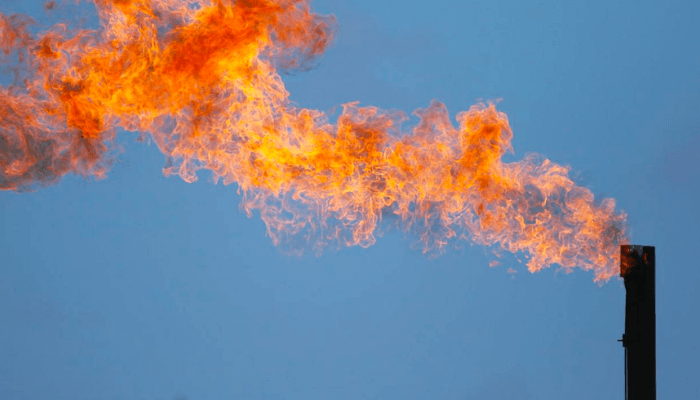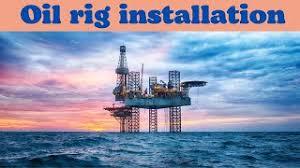Abuja, July 17, 2023 -Nigeria will need up to $1.5 billion between now and 2030 to reduce methane emissions in the country’s oil and gas operations, the latest report by the International Energy Agency (IEA) has shown.
According to the 2023 report titled: “Financing Reductions in Oil and Gas Methane Emissions”, oil and gas majors operating in the largest economy in Africa had a responsibility to contribute $300 million to meet the targe
It said the Nigerian National Petroleum Company Limited and other investors in Nigeria’s oil and gas industry would have to contribute $700 million and $500 million, respectively during the same period.
The report said there were challenges in mobilising this level of investment, which included a shortage of funds in some cases, economic and institutional barriers and a lack of infrastructure.
“Others are a lack of awareness about emissions and the cost-effectiveness of abatement, the opportunity cost of investment in methane reduction, and capacity gaps in implementation.”
The report also stressed the importance of reducing methane emissions in the global oil and gas industry if countries are to continue exploring fossil fuels for economic development.
According to the IEA report, one of the most cost-effective ways to reduce greenhouse gas (GHG) emissions is to reduce methane emissions.
This is due to the fact that the abatement measures implemented would generate revenue from the sale of captured methane.
According to the report, just over $75 billion in cumulative spending is required by 2030 to achieve these reductions in emissions.
The required spending varies widely by geography, operator, and part of the value chain: around $55 billion is needed in upstream oil and gas facilities and just over $20 billion in downstream operations.





